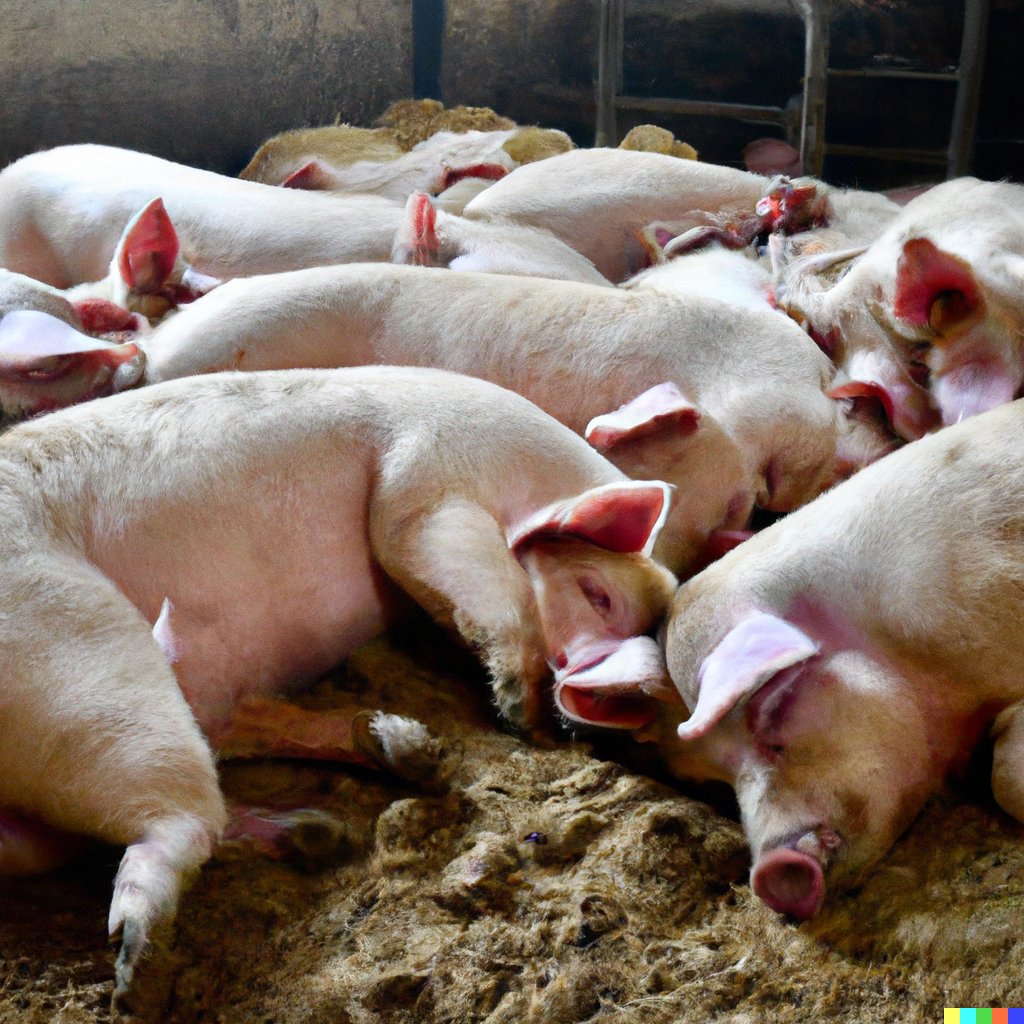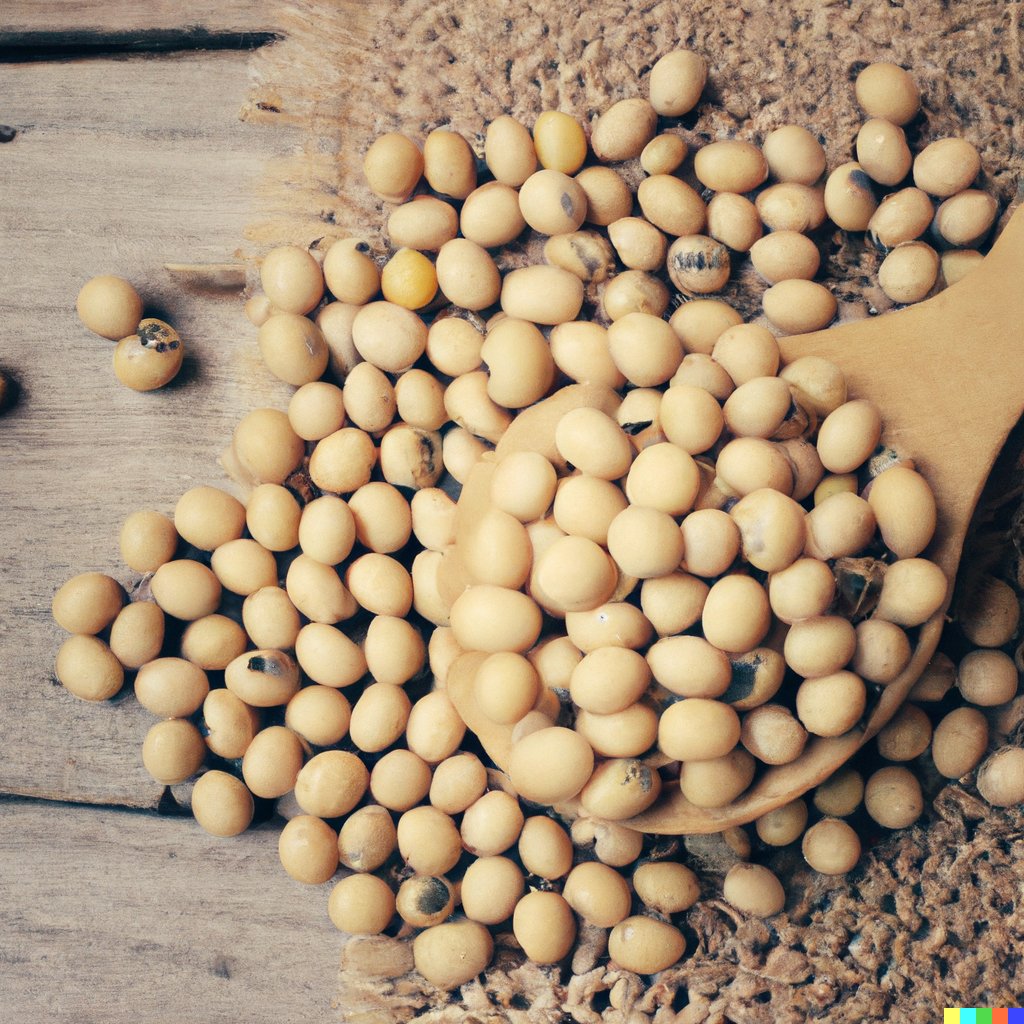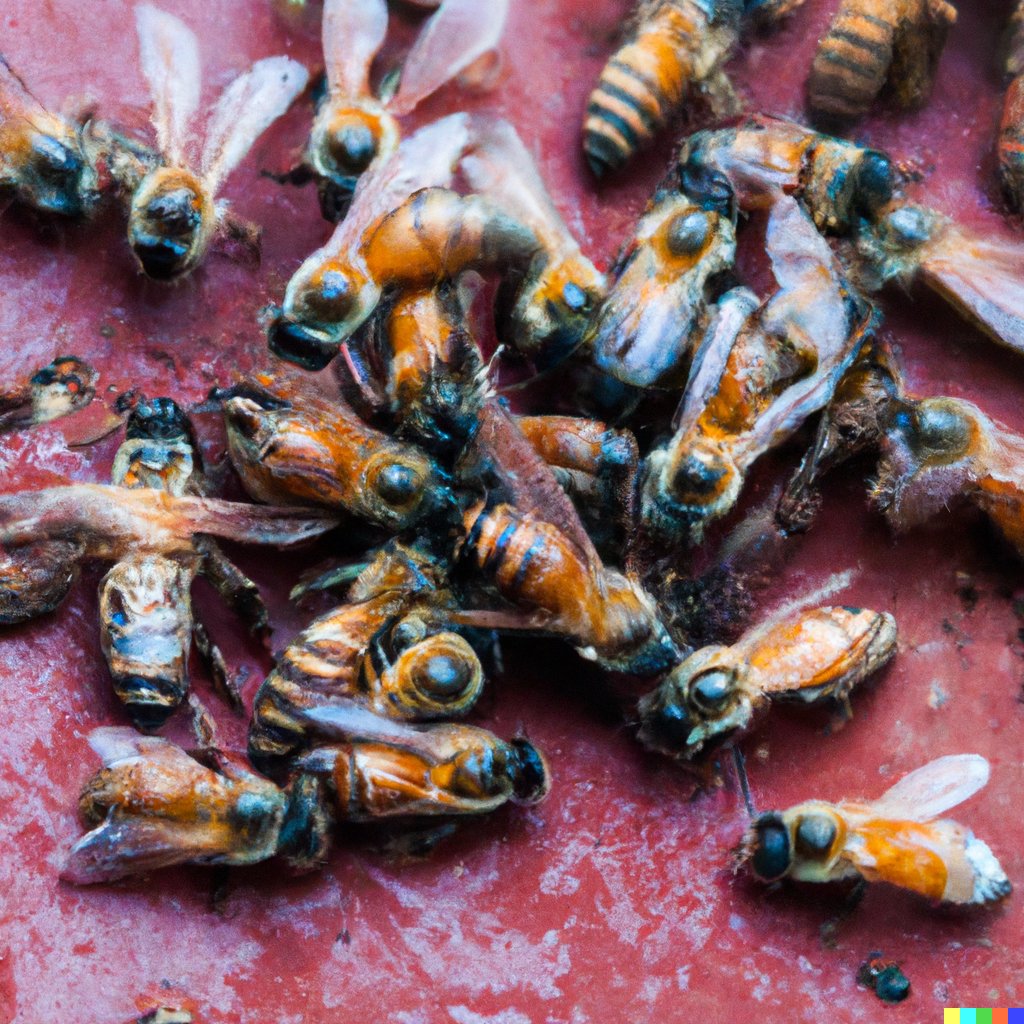
While food preservatives play a crucial role in extending the shelf life and ensuring the safety of various food products, some individuals may be concerned about the potential health risks associated with these additives. It is essential to understand that while most food conservatives are deemed safe by regulatory authorities when used within recommended limits, excessive or prolonged consumption of certain additives may raise health concerns. Let's delve into the potential health risks of food conservatives:
1. Allergic Reactions:
Some individuals may be sensitive or allergic to certain food conservatives, leading to allergic reactions such as skin rashes, itching, hives, or even more severe responses like anaphylaxis.
2. Sensitivity to Specific Additives:
Certain people may experience adverse reactions or intolerance to specific food conservatives, causing digestive issues, headaches, or other discomforts.
3. Potential Carcinogenicity:
Some synthetic food conservatives, such as nitrates and nitrites used in processed meats, have been associated with potential carcinogenic properties when consumed in large quantities over extended periods.
4. Sodium and Cardiovascular Health:
High levels of sodium-based conservatives, such as sodium benzoate, can contribute to an increased intake of sodium, which may impact cardiovascular health, especially in individuals with hypertension.
5. Gastrointestinal Disturbances:
Excessive consumption of certain conservatives, such as sulfites found in dried fruits and wines, may cause gastrointestinal issues in susceptible individuals.
6. Hyperactivity in Children:
Some studies suggest a possible link between certain food additives, like artificial colors and preservatives, and hyperactivity or behavioral issues in some children.
7. Asthma and Respiratory Issues:
Sulfites used as food conservatives can trigger respiratory symptoms, such as asthma attacks, in individuals with sulfite sensitivity.
8. Formation of Harmful Compounds:
Under certain conditions, food conservatives may react with other food components, leading to the formation of potentially harmful compounds.
9. Interactions with Medications:
In rare cases, certain food conservatives may interact with medications, affecting their efficacy or causing adverse effects.
10. Cumulative Effect:
While individual food conservatives may be considered safe, the cumulative effect of consuming multiple preserved foods regularly may be a concern for some individuals.
Frequently Asked Questions (FAQs) - Health Risks of Food Preservatives
Q1: Are food preservatives safe for consumption?
A1: Food preservatives are generally recognized as safe when used within recommended limits and approved by regulatory authorities.
Q2: Can food preservatives cause allergic reactions?
A2: Yes, some individuals may experience allergic reactions to certain food preservatives, leading to skin rashes, itching, or more severe responses like anaphylaxis.
Q3: Are there specific food preservatives that may trigger gastrointestinal issues?
A3: Excessive consumption of certain conservatives, such as sulfites found in dried fruits and wines, may cause gastrointestinal disturbances in susceptible individuals.
Q4: Do food conservatives have potential carcinogenic properties?
A4: Some synthetic food conservatives, like nitrates and nitrites used in processed meats, have been associated with potential carcinogenicity when consumed in large quantities over extended periods.
Q5: Can food preservatives impact cardiovascular health?
A5: High levels of sodium-based conservatives, such as sodium benzoate, may contribute to increased sodium intake, potentially impacting cardiovascular health, especially in individuals with hypertension.
Q6: Is there a link between food additives and hyperactivity in children?
A6: Some studies suggest a possible link between certain food additives, such as artificial colors and preservatives, and hyperactivity or behavioral issues in some children.
Q7: Can food preservatives trigger asthma or respiratory issues?
A7: Sulfites used as food conservatives can trigger respiratory symptoms, such as asthma attacks, in individuals with sulfite sensitivity.
Q8: Do food conservatives interact with medications?
A8: In rare cases, certain food conservatives may interact with medications, affecting their efficacy or causing adverse effects.
Q9: Are natural food preservatives safer than synthetic ones?
A9: Both natural and synthetic food preservatives undergo safety evaluations, and their safety depends on their intended use and consumption levels.
Q10: Should I be concerned about cumulative effects of consuming preserved foods regularly?
A10: While individual food preservatives are considered safe, the cumulative effect of consuming multiple preserved foods regularly may be a concern for some individuals.
Conclusion
While food conservatives are generally recognized as safe and undergo rigorous safety evaluations by regulatory authorities, some individuals may have sensitivities or concerns about certain additives. It is essential for consumers to be informed about the types and potential health risks of food preservatives, make balanced food choices, and consult healthcare professionals if they have specific dietary concerns. Striking a balance between preserving food safety and considering individual health preferences is crucial for maintaining overall well-being.














